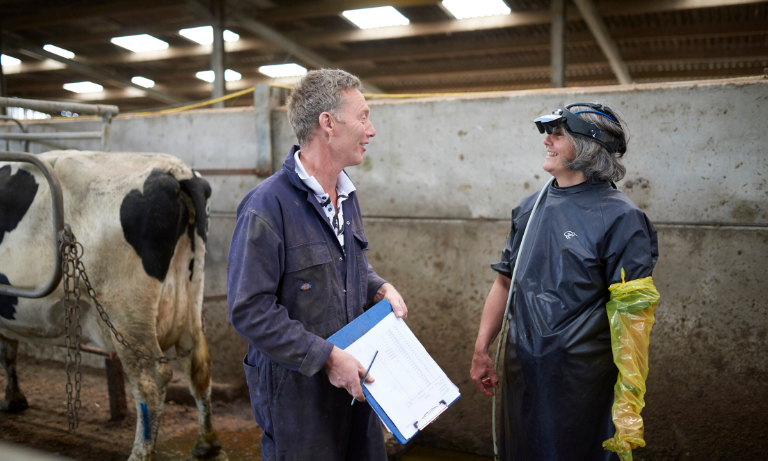Brucella canis: what vets need to know
14 Feb 2024
01 Dec 2020 | Michael McGilligan
In my previous blog I outlined the passage of the Agriculture Act and the how veterinary profession influenced the new system that will be rolled out in England over the coming months and years. Below, I will shed some light on what it all means for vets and your clients.

Changes for farmers in England will be phased in over seven years, starting in 2021. This time is called the agricultural transition period. Over this time, Direct Payments will be reduced gradually, to give farmers the time to adapt to the changes.
The savings from phasing out these area-based payments will free up more of the agricultural budget, which will go back to farmers through the roll-out of schemes to support public goods and help farmers to boost their productivity. Of particular interest to the veterinary profession will be the establishment of the Animal Health and Welfare Pathway.
BVA has held a seat on the steering group that is designing the Animal Health and Welfare Pathway. The Pathway maps out how farmers, vets and government will work together to deliver sustained improvement in animal health and welfare over time. There are three main components to the Pathway: health and disease support, capital grants, and a new payment-by-results approach.
From 2022, the Pathway will provide support to control endemic disease. This will initially be focussed on the cattle, pigs and sheep sectors. There is a big variation in where the sectors are starting, and which diseases will need to be prioritised. BVA specialist divisions are working with their industry partners to co-design what this will look like in their respective sectors.
A consistent theme across all sectors is that vets will be critical to unlocking health and welfare improvements. Defra is planning to financially support vet visits, so livestock farmers can create better farm health and welfare management plans through diagnostic testing, farm-specific preventative advice and increased peer learning.
In 2022, Defra plan to launch applications for both small and large capital grants with the first payments being made in 2022 and 2023 respectively. Grants will be used to co-fund investment in measures that will increase animal welfare above the legal baseline.
All livestock farmers in England will be eligible to apply. A vet visit may be required as part of the application process. The role of the vet will be to ensure that livestock farmers are applying for items that will provide the expected benefits for health and welfare.
This is the element that still needs the most fleshing out. To clarify matters, Defra has commissioned a research project to determine how a payment-by-results approach will work. The researchers will hold their first round of stakeholder workshops towards the end of 2020. The research aims to identify potential animal welfare enhancements and assess economic viability. Example of enhancements that could be supported include the provision of environmental enrichments or changes to confinement practices. This research will ultimately inform a proposed pilot in 2023.
The new schemes outlined above are centred on collaboration between vets and farmers. They offer vets an exciting opportunity to renew their relationships with clients and work together to improve animal health and welfare outcomes on farm.
As the proposals become a reality, we will want to hear members experiences as we continue to work to further improve the system. Please email [email protected] if you would like to share your thoughts.
Read Michael's previous blog on the passage of the Agriculture Act and the how veterinary profession influenced the new system that will be rolled out in England over the coming months and years.
Get tailored news in your inbox and online, plus access to our journals, resources and support services, join the BVA.
Join Us Today